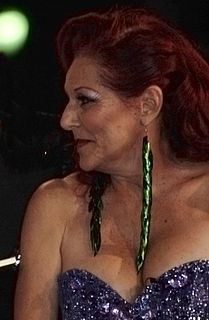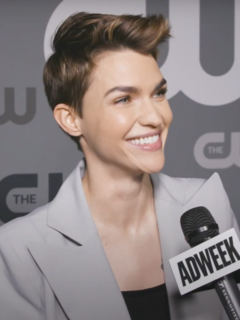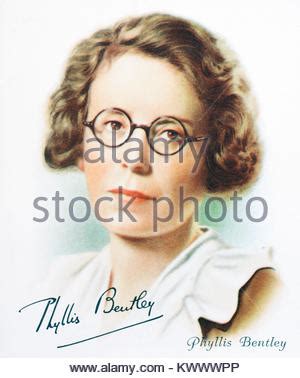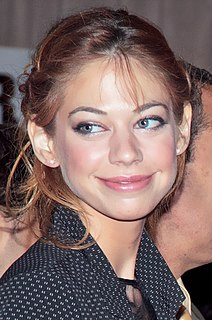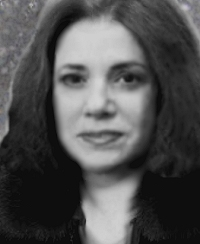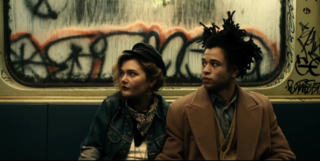A Quote by Hari Nef
My desire to be an actor or a model precedes my identity.
Related Quotes
All over the world today people have a very strong desire to find a sense of identity, and at the same time that's coupled with the rise of absolutely absurd wars that relate to ethnic identity. Perhaps there is something deeply ingrained in people that relates to a sense of belonging, and without that, identity doesn't seem as real as it should.
Identity is a very difficult thing in the theatre. As an actor said to me one day, 'What are we doing today?' when we were doing a workshop. And I said, 'Oh, just be yourself'. And he said to me, 'I don't know who that is, I'm an actor'. And I begin to realise in fact that we seek identity because we're told we should have one, but I wonder whether it's necessary.
To be an actor is to be ambiguous in every form, which is a very hard way to live. You represent desire: the desire of the director and the desire of the audience, even if it's a subconscious desire. If a director is to work with you for two months, he must be in love with you in some way or another.
The identity of just one thing, the "clash of civilization" view that you're a Muslim or a Hindu or a Buddhist or a Christian, I think that's such a limited way of seeing humanity, and schools have the opportunity to bring out the fact that we have hundreds of identities. We have our national identity. We have our cultural identity, linguistic identity, religious identity. Yes, cultural identity, professional identity, all kinds of ways.
In Tar Baby, the classic concept of the individual with a solid, coherent identity is eschewed for a model of identity which sees the individual as a kaleidoscope of heterogeneous impulses and desires, constructed from multiple forms of interaction with the world as a play of difference that cannot be completely comprehended.

